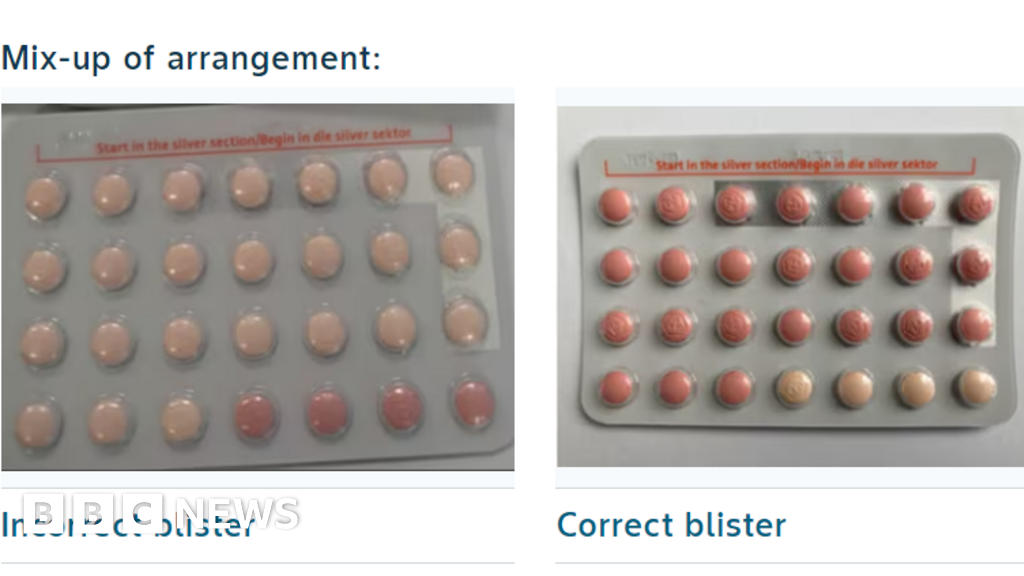Researchers at the University of Colorado Anschutz Medical Campus have discovered that some CAR-T cells engineered to fight cancer and other conditions carry the memory of past encounters with bacteria, viruses and other antigens within them, a finding that may allow scientists to manufacture the cells in more precise and targeted ways.
The study, published today in the journal Nature Immunology, focused on chimeric antigen receptor (CAR)-T cells, an effective therapy against cancer, especially leukemia and lymphoma. T cells, a kind of immune cell, are removed from the patient’s blood, then modified to target cancer and infused back into the patient.
Now researchers have discovered that some of these cells have long, durable memories. They found that even after an extensive manufacturing process to insert the CAR into the cells, CAR-T cells that had past contact with antigens behave differently than those that have never encountered an antigen.
“Unlike most drugs, CAR-T cell products are not uniform. We know that variability exists but the nature of that variability is only beginning to be understood,” said the study’s senior author Terry Fry, MD, professor of pediatrics, oncology and hematology at the University of Colorado School of Medicine and executive director of the Gates Institute at CU Anschutz which manufactures CAR-T cells. “The thing that was surprising here was the extent to which past interactions with antigens were durably imprinted on the cells.”
Fry and the study’s lead author Kole DeGolier, PhD, an immunology researcher at CU Anschutz, found that `memory cells,’ those with prior antigen experience, killed cancer cells quickly but became exhausted sooner and reproduced slowly, opening the door to a potential relapse.
At the same time, they discovered favorable disease-fighting capabilities such as robust expansion and resistance to exhaustion of ‘naïve’ cells, those with no antigen experience. A direct comparison of the two cell types allowed the researchers to identify specific gene targets to modulate and improve function. They found that naïve cells specifically could be boosted by targeting genes like RUNX2. The cells also lived longer and reproduced more quickly than memory cells.
“These epigenetic differences can be used to identify genes that can be manipulated to modify function,” DeGolier said.
The study was first done with mouse models, then in human cells. T cells were taken from vaccinated and unvaccinated subjects. The cells from the vaccinated models changed after encountering vaccine antigens in the lymph nodes. They later responded swiftly and effectively against leukemia cells due to the `memory’ of being previously exposed to an antigen. Yet they exhausted themselves faster than naïve cells.
While naïve T cells lacked the disease-fighting imprinting of memory cells, they became more effective when RUNX2 was added. They also lived longer and the gene protected them against exhaustion, allowing them to keep fighting cancer.
“There was this balance dictated by the prior history of the cell. If you added RUNX2 to a naïve cell you could make it kill cancer a little bit better,” Fry said. “Our studies also generated a large data set of other proteins that we can explore along with RUNX2.”
The findings could lead to more precise engineering of CAR-T cells, allowing them to attack cancer more effectively while potentially alleviating some of the side-effects of the therapy which can include a strong inflammatory response.
“Understanding these differences can guide the development of approaches to rationally manipulate specific cellular attributes,” the authors wrote. “RUNX2 effects in limiting exhaustion programs should also be explored further, especially in solid tumor contexts, where exhaustion plays a large part in limiting anti-tumor T cell responses.”

